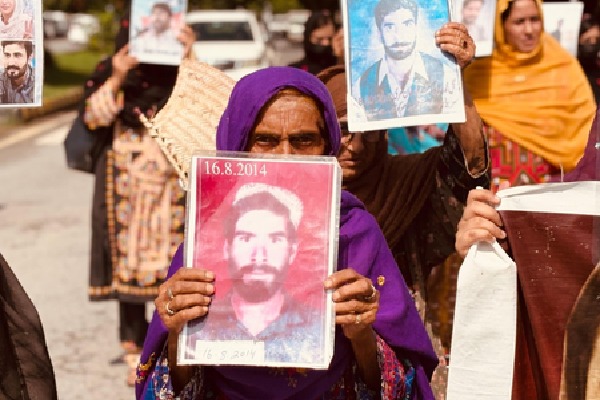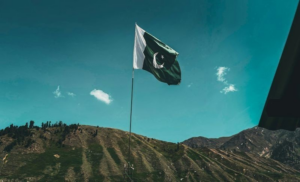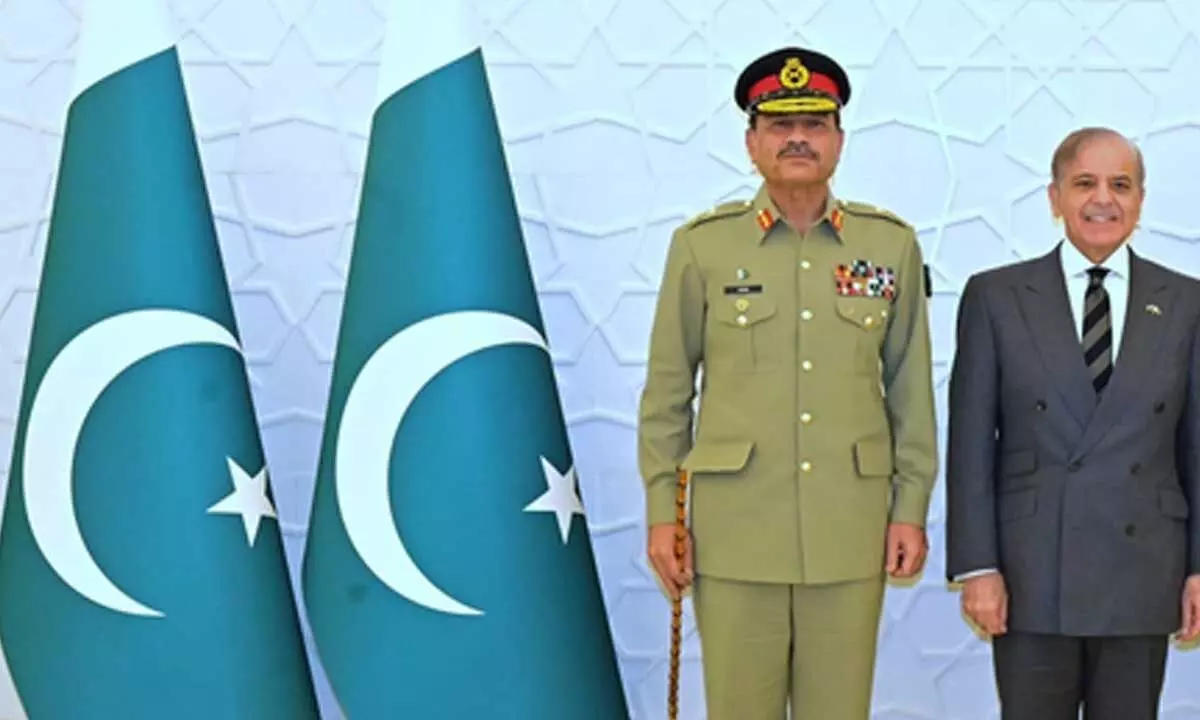
Sign up for the View from Westminster email for expert analysis straight to your inbox Get our free View from Westminster email Please enter a valid email address Please enter a valid email address SIGN UP I would like to be emailed about offers, events and updates from The Independent. Read our privacy notice Thanks for signing up to the
View from Westminster email {{ #verifyErrors }}{{ message }}{{ /verifyErrors }}{{ ^verifyErrors }}Something went wrong. Please try again later{{ /verifyErrors }}
“Yes to the natural family, no to LGBT lobbies! Yes to sexual identity, no to gender ideology!”
Meet Giorgia Meloni, Italy’s rising political star. A staunch, unremitting social conservative from a political party with direct links to neo-fascism. “A woman, a mother, a Christian,” as she notoriously labelled herself in an explosive speech that was remixed and turned into a club hit.
A self-fashioned gatekeeper of the country’s borders who aims to stop the “tide” of mass immigration, especially from Muslim countries. And, as someone who once said she’d “rather not” have a gay child, not exactly a welcome electoral prospect for many LGBT+ Italians, like myself.
As snap elections have now been called in Italy this September, it seems that such an unthinkable prospect could become a reality. A far-right figure is poised to become Italy’s next prime minister.
In early July, Italy’s coalition government – headed by technocrat economist Mario Draghi – collapsed following internal squabbles over the post-Covid recovery plan. Meloni is the leader of the Brothers of Italy (Fratelli d’Italia) party, which is now topping public polling with 23-25 per cent of the vote, and is the biggest party in a right-wing coalition that includes Matteo Salvini’s Northern League and Silvio Berlusconi’s Forza Italia.
It’s worth noting that Meloni’s own background is something of a masterclass in contradictions. The 45-year-old politician grew up in Rome’s edgy, working-class Garbatella, a neighbourhood marked by a leftist, countercultural ethos that jarringly contrasts with her God-and-family brand of nationalism. She served in Silvio Berlusconi’s government as a youth minister from 2008 to 2011, and can now be described as something of a political veteran – far from the “political newcomer” epithet that is often applied to her.
She is a staunch defender of the “natural” family and a regular at traditionalist rallies, despite having a daughter from an extramarital relationship. And, while presenting herself as a palatable conservative, Meloni has praised her parent party’s founder, Giorgio Almirante – a Nazi collaborator – as a “hero”, while counting Mussolini’s proud descendants among her party’s ranks.
Her own party’s track record on LGBT+ issues is just as confusing. In 2009, Meloni spoke at a conference organised by Arcigay – one of Italy’s main LGBT+ organisations – claiming that there had to be a “360 degree” fight against homophobia. 13 years later, she found herself on the podium of a Vox rally in Marbella, Spain, calling for the rejection of “LGBT lobbies”. The first point in her party’s manifesto promises to “defend the natural family [and] fight gender ideology”.
Meloni has stated that she objects to homophobic discrimination and persecution, and Brothers of Italy has asserted that existing legislation on LGBT+ rights will remain intact if it comes to power. But “maintaining” rights in a country with an arguably weak record on LGBT+ equality is far from reassuring. On the law, we’re embarrassingly behind. Same-sex marriage is yet to be legalised – we just about managed to get civil unions in 2016 – and an anti-discrimination bill aimed at punishing homophobic and transphobic violence was rejected by the senate last November. Meloni’s own party rapturously cheered on that rejection.
As Meloni’s track record shows, her own attitude towards the LGBT+ community has flip-flopped and is far from being set in stone. I fear that her election would empower anti-LGBT+ voices that would otherwise feel less inclined to openly espouse their prejudice, and would thus make Italy an increasingly hostile place for queer people like myself.
As much as Meloni may openly distance herself from the more extreme voices in her party, her own rhetoric essentially legitimises those who sugarcoat their queerphobic prejudice as “concern” or “free speech”. Let us not forget the Brothers of Italy councillor who called homosexuality “unnatural”, or a parody video from one of the party’s chapters that made crude homophobic jokes.
To keep up to speed with all the latest opinions and comment, sign up to our free weekly Voices Dispatches newsletter by clicking here
As an Italian growing up just outside London, I always looked to Italy as a land of nostalgia and pasts, of fraught presents and non-existent futures. A place where being queer wasn’t just unacceptable, but placed you in a category that didn’t even exist in the minds of many. Upon moving to Rome last year, I was deeply comforted by the fact that I felt just as free here as I did back home.
Now, children growing up in Italy could find themselves living in a country that will accept them no matter what kind of people they turn out to be – or who they choose to love – or one that will shame them if they venture outside the social boxes that have been constructed for them.
For the sake of Italy’s children, I hope my compatriots will not choose a political path that could endanger the progress we’ve fought so hard to make.








